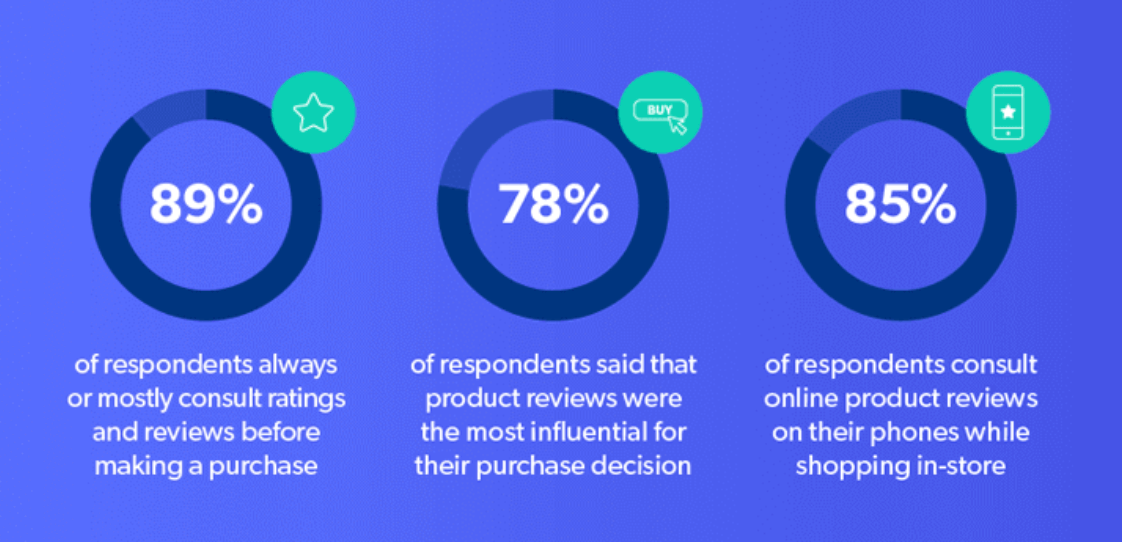
Online review sites may sound like a great way for businesses to get positive feedback, but they can also have their challenges. There are many things to take into consideration before you hire a review agency. How transparent is their review process? What happens when a customer leaves a bad review? Is the customer able to sue the company for leaving negative feedback? How does all this affect the bottom line of the review company?
Transparency and transparency in review processes
Transparency when reviewing online review sites is important to ensure that consumers are satisfied. You can create fake reviews or negative reviews to get more business. But there are many options to make sure your reviews are true and impartial.
One option is "transparent peer review", which allows you to see both the peer reviewers' reports and the published article. The identities of reviewers are not revealed. This makes the review process transparent, and helps authors and readers to trust the work of reviewers.

Online review companies should strive for transparency in their review processes. It can damage the credibility of published work and undermine trust in research. It's also inefficient. Researchers who don't get rewarded for their work are less likely prioritize review requests. Editors do not have an insight into reviewers' workloads and can overwhelm them by reviewing requests. In some cases, it may take as many as 10 invitations for two reviews.
Customers can sue for bad reviews.
While some businesses may be tempted to sue customers for their negative reviews, there are some things to keep in mind before resorting to this tactic. First, the First Amendment is a protection of free speech. Also, 34 U.S. states have passed Anti-SLAPP laws that aim to protect businesses from being sued for unfair reviews. These laws are intended to protect consumers from harassment and intimidation.
To sue a customer for leaving bad reviews, you need to collect evidence. Evidence should include a screenshot of the review, the URL, and any interactions between the reviewer and the business. It is also important to document any losses the business may have sustained as a result of the review.
Benefits to listening to customers' feedback
Listening to the feedback of customers on online review sites can help businesses secure a lucrative revenue stream. This can also increase their visibility which can result in more website traffic, phone calls and text inquiries. It can also be used to improve business practices and launch new products and services.

Whether a business is local or global, customers are an important factor in the success of a company. A happy customer is likely to tell nine others about their experience, while a dissatisfied one will tell 15 people. Half of customers have had a negative experience with a company. Listening to them is crucial. Nearly 90% of potential buyers agree that online reviews play an important role in their buying decisions.
Customers' feedback can be a valuable tool for businesses to improve their products and services as well as retain them. It can also motivate employees. Positive feedback can help employees be more productive by countering negative comments. Customers can also see when a company pays attention to their feedback.